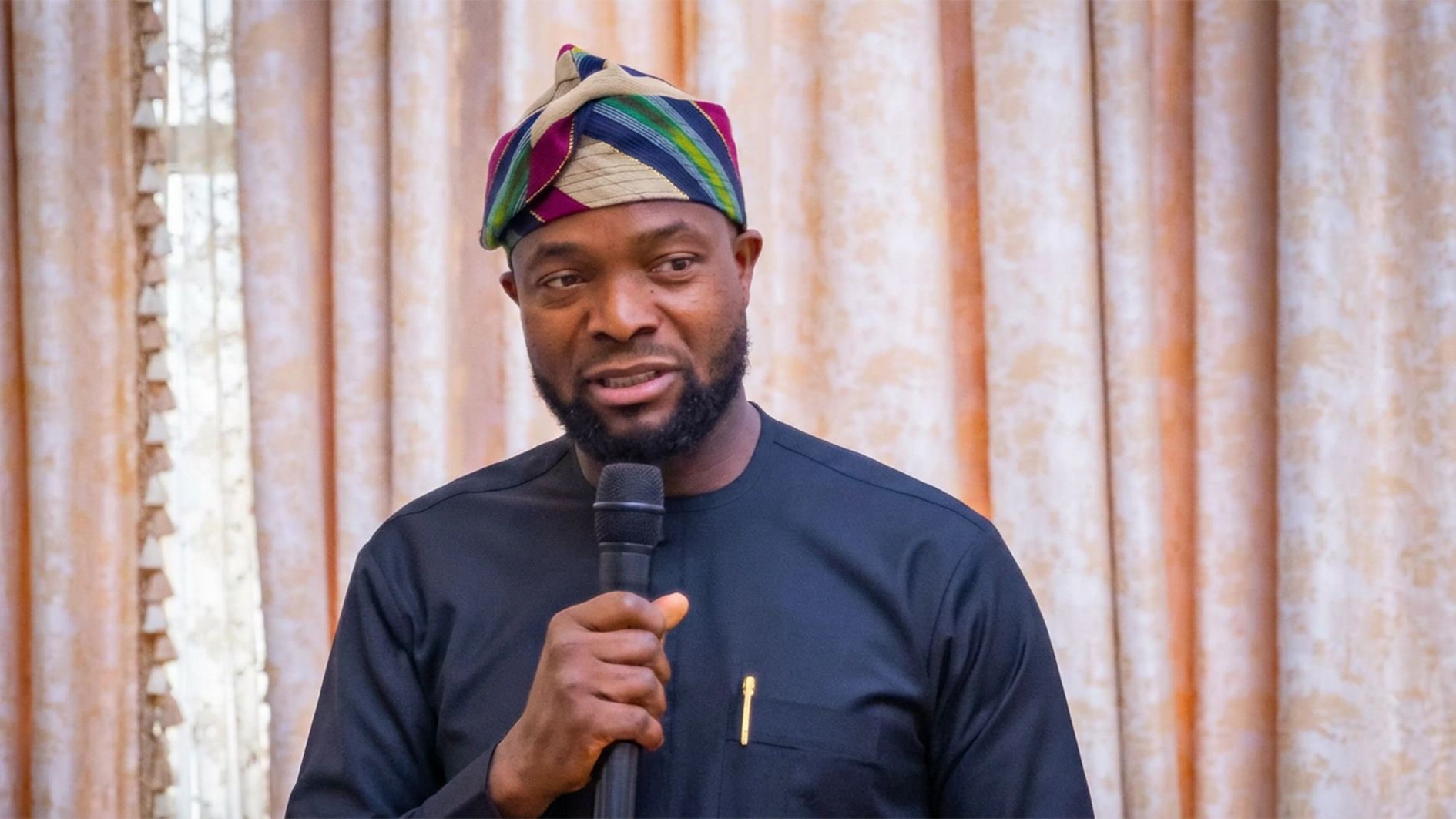• Parties unite for bold electoral reforms, one-day polls
• IPAC tasks NASS on accountability, credibility in reforms
• Justice Ajileye makes case for blockchain tech
• UK ready to work with Nigeria, says Rowe
Nigeria’s election timetable is set for a major shake-up as the National Assembly proposes that the 2027 presidential and governorship elections hold in November 2026, six months before the end of the current administration’s tenure.
The move, which forms part of the Electoral Act (Amendment) Bill 2025, aims to allow all election litigations to be concluded before the May 29, 2027, swearing-in of new leaders – ending the tradition of pending court cases dragging into a new government’s term.
While political parties and other stakeholders are pushing for bold electoral reforms, including holding elections in one day, a judge is exploring the use of blockchain technology to enhance the effectiveness of these reforms.
The United Kingdom (UK) also expressed readiness to partner with Nigeria in strengthening its democratic processes through the amendment of the Electoral Act 2022.
The draft amendment was unveiled yesterday during a public hearing jointly organised by the Senate and House committees on Electoral Matters in Abuja, drawing wide interest from politicians, civil society and the Independent National Electoral Commission (INEC).
Under the proposed amendment, elections into the offices of President and Governor are to be held not later than 185 days before the expiration of the incumbents’ tenure.
That calculation points directly to November 2026 as the new poll date; three months earlier than the traditional February or March election window.
Section 4(7) of the draft reads: “Elections into the office of the President and Governor of a State shall be held not later than 185 days before the expiration of the term of office of the last holder of the office.”
Chairman of the House Committee on Electoral Matters, Adebayo Balogun, explained that the reform is aimed at ensuring that all disputes arising from the polls are settled before the winners take office.
“We are proposing that all tribunal judgments be concluded within 90 days, appeals within 60 days, and Supreme Court decisions within the remaining days, ensuring everything is wrapped up within 185 days,” he said.
To support the reform, the National Assembly will also amend Sections 285 and 139 of the 1999 Constitution, which currently govern the timelines for election disputes.
The lawmakers are also seeking to modernise Nigeria’s voting system through mandatory electronic voting and electronic transmission of results, a long-standing demand from electoral stakeholders.
Failure to comply would attract stiff sanctions, including one-year imprisonment, N1 million fine, or both for any official who issues unstamped or unverified ballot papers or result sheets.
A novel feature of the bill is the introduction of early voting, which allows security personnel, INEC staff, accredited observers, journalists and ad-hoc officials to cast their ballots up to 14 days before election day.
This, according to the joint committee, will ensure that those on essential election duties do not lose their right to vote. The proposals received strong endorsement from participants at the hearing, including INEC’s representative, Prof. Abdullahi Zuru, who said the reforms would “enhance electoral credibility, allow better planning, and minimise post-election pressure on the courts.”
IN a rare show of unity, Nigeria’s 19 registered political parties have come together under the Inter-Party Advisory Council (IPAC) to demand sweeping reforms to the nation’s electoral process – including same-day elections, mandatory use of technology and severe penalties for electoral offenders.
At a public hearing before the Joint Committee on Electoral Matters of the National Assembly, IPAC’s National Chairman, Dr Yusuf Dantalle, urged lawmakers to “rise to the moment” and deliver amendments that would protect the sanctity of the ballot and restore public trust in Nigeria’s democracy.
“Our democracy is too important to be left vulnerable to manipulation and inefficiency,” the Chairman, who was represented by his deputy, Dipo Olayoku, declared. “We must modernise our electoral system, enforce accountability and give Nigerians the confidence that every vote counts.”
IPAC’s submission followed months of consultations and a resolution reached at its General Assembly of August 27, 2024, where all political parties agreed on a common reform agenda for credible elections.
Other reforms demanded by IPAC included linking the voter registration card to the National Identification Number (NIN) to eliminate duplicate registrations and strengthen the credibility of the voters’ register. Olayoku emphasised that adopting these reforms would mark a turning point in Nigeria’s democratic journey, saying:
MEANWHILE, renowned legal expert Justice Nathaniel Ajileye has urged the National Assembly to adopt blockchain technology as a safeguard for Nigeria’s electoral process, arguing that it offers a transparent and tamper-proof method for transmitting and storing election results.
Speaking at a public hearing before the Joint Committee on Electoral Matters on the Bill for an Act to Amend the Electoral Act, 2025, Ajileye said the use of blockchain could eliminate fears of hacking and manipulation often associated with electronic result transmission.
“Blockchain technology is a structure that stores transactional records in several databases — the ‘chain’ — connected through peer-to-peer nodes,” he explained. “By utilising a decentralised, immutable ledger, election results can be recorded and verified in a tamper-proof manner, ensuring they cannot be altered or manipulated once transmitted.”
As discussions continue, many observers believe that adopting blockchain could mark a turning point in Nigeria’s quest for a truly credible electoral process.
SPEAKING on Monday in Abuja at a public hearing organised by the Joint National Assembly Committee on Electoral Matters, chaired by Sen Simon Lalong (APC, Plateau South), the Head of Development Cooperation, Foreign, Commonwealth and Development Office (FCDO), Cynthia Rowe, commended Nigeria’s commitment to improving its electoral framework.
Rowe said the UK was delighted to support Nigeria’s homegrown efforts to deepen democracy and enhance the credibility of its elections.
“As your partner, the UK stands ready to walk this journey with Nigeria,” she said. “We are really delighted to support this important Nigerian-led effort to strengthen institutions and the ongoing constitutional review process.
“As Nigerians say — and we’ve adopted this as one of our mottos — if you want to go fast, go alone; but if you want to go far, go together. This process is a demonstration of collaboration among the legislature, INEC, political parties, civil society, the media and citizens — all walking in the same direction.”






